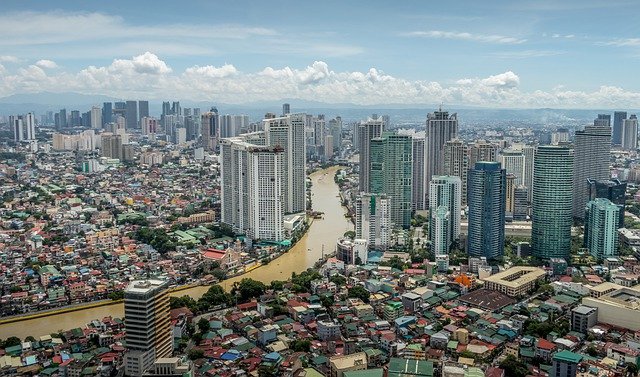
-
President Rodrigo Duterte signed on March 2 a law that aims to attract more foreign investments
-
Republic Act 11647 amends the three-decade old RA 7042 or the Foreign Investors Act of 1991
-
Non-Philippine nationals may now engage in micro and small domestic enterprises with a minimum paid-in capital of US$100,000
President Rodrigo Duterte signed on March 2 a law which eases the entry of foreign investments into the Philippines.
Republic Act 11647 amends the three-decade old RA 7042 or the Foreign Investors Act of 1991.
RA 11647 declares as policy that “foreign investments will be encouraged in enterprises that significantly expand livelihood and employment opportunities for Filipinos; enhance economic value of agricultural products; promote the welfare of Filipino consumers; expand the scope, quality, and volume of exports and their access to foreign markets; and/or transfer relevant technologies in agriculture, industry, and support services.”
Among others, the new law allows non-Philippine nationals to engage in micro and small domestic enterprises with a minimum paid-in capital of US$100,000 if they involve advanced technology or as endorsed as startup or startup enabler, and majority of their direct employee Filipinos are no less than 15.
Previously under RA 7042, the requirement for direct employment was 50, and did not include endorsement as startup or startup enabler.
Under the new law, registered foreign enterprises employing foreign nationals and enjoying fiscal incentives should implement an understudy or skills development program to ensure the transfer or technology or skills to Filipinos.
RA 11647 establishes the Inter-agency Investment Promotion Coordination Committee (IIPCC), which will integrate to encourage foreign investments into the country. The IIPCC, led by the Department of Trade and Industry (DTI), should also establish both a medium- and long-term Foreign Investment Promotion and Marketing Plan.
A new section was likewise introduced which directs the IIPCC, in coordination with the National Security Council and National Economic and Development Authority (NEDA) to review foreign investments involving military-related industries, cyber infrastructure, pipeline transportation, or such activities which may threaten territorial integrity and the safety, security and well-being of Filipino citizens.
Similar to RA 7042, a non-Philippine national, “without need of prior approval”, may do business or invest in a domestic enterprise up to 100% of its capital, unless participation of non-Philippine nationals in the enterprise is prohibited or limited to a smaller percentage by existing laws.
Foreign investment in export enterprises whose products and services do not fall within Lists A and B of the Foreign Investment Negative List provided under Section 8 of the law is still allowed up to one 100% ownership.
NEDA, in consultation with DTI and Department of Finance, is directed to amend the existing implementing rules and regulations to implement RA 11647.
Aside from RA 11647, a bill amending the Public Service Act to relax foreign ownership restrictions in certain industries is awaiting the signature of Duterte.
READ: Public Service Act one step away from becoming law




